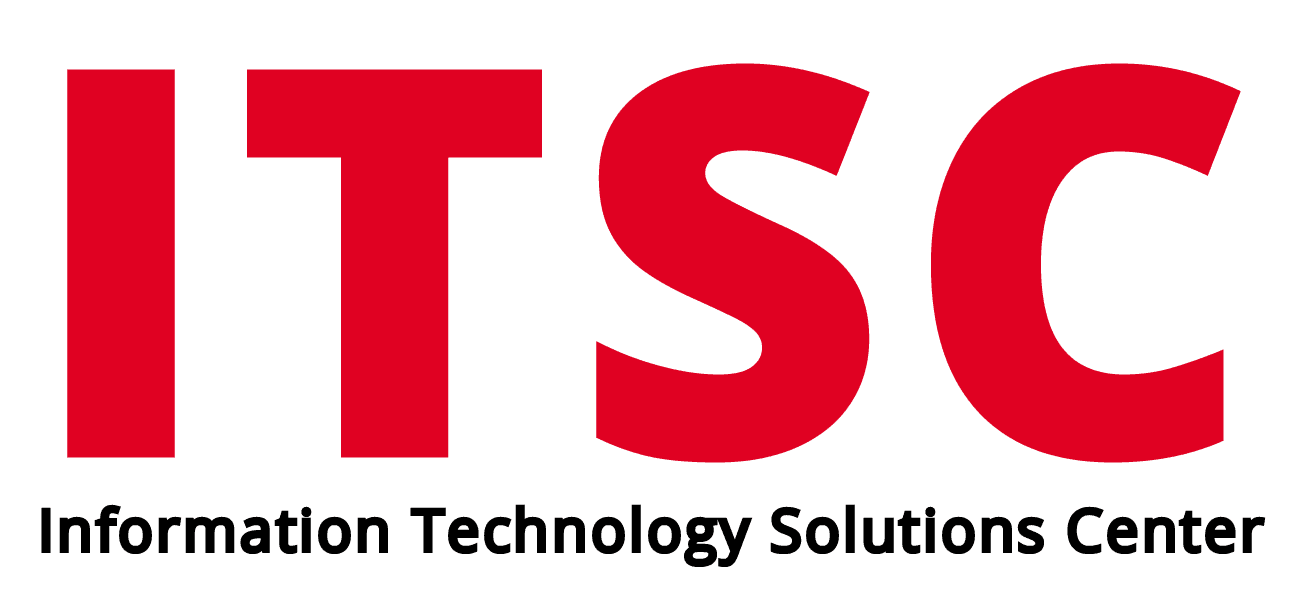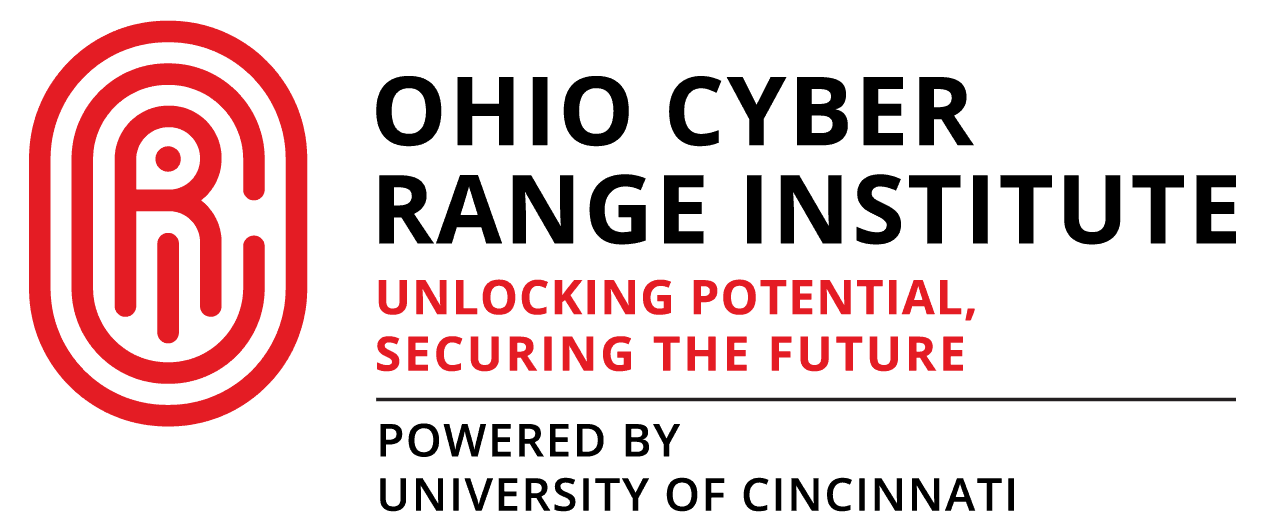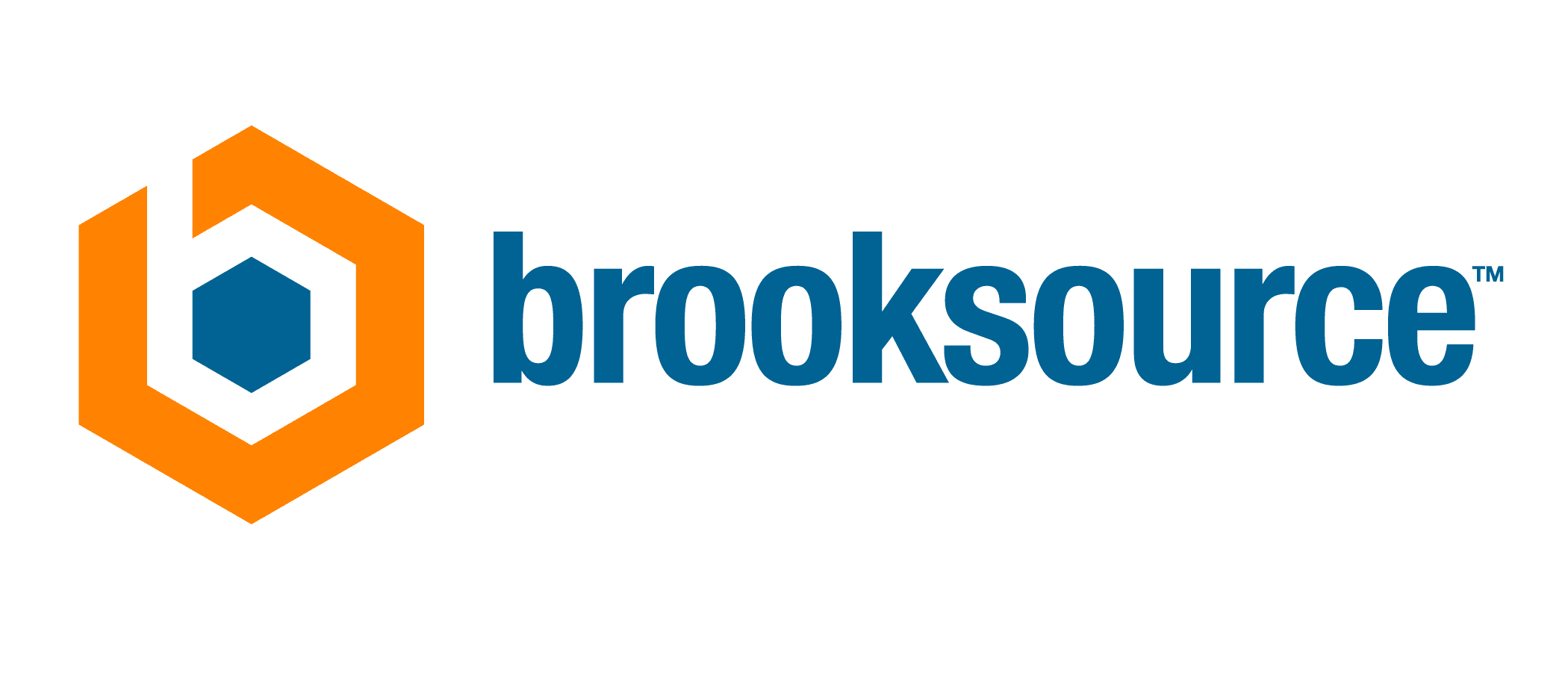Abstract
The increased use of generative AI is expanding across the world. A prominent tool known as Chat GPT has become the topic of ethical concern, especially in education and research. While some sources support its use as a valuable tool for improving students’ "learning outcomes" and "enhancing education", others counterargue that such language-generation software is subversive by encouraing "cheating on assignments, exams, and tests"; "make instruction in writing mechanics irrelevant, and that educators should shift to teaching only the more advanced writing skills that reflect and advance critical thinking"; and more. Given the diverse perspectives toward this technology, this study aims to identify and rank the top five ethical implications of Chat GPT in education and research. Utilizing a systematic literature review methodology and thematic analysis, this study will yield papers from Google Scholar, ACM, and IEEE Xplore to identify ethical concerns. The results of this exploratory research will contribute to IT and education by identifying ethical concerns challenging research and academia, introducing opportunities for exploring initiatives, best practices, and solutions to address/mitigate them; and presenting results to the University of Cincinnati to promote the ethical use of generative AI while enhancing learning, education, and research.

Author: Roshanak Basty, MSIT













